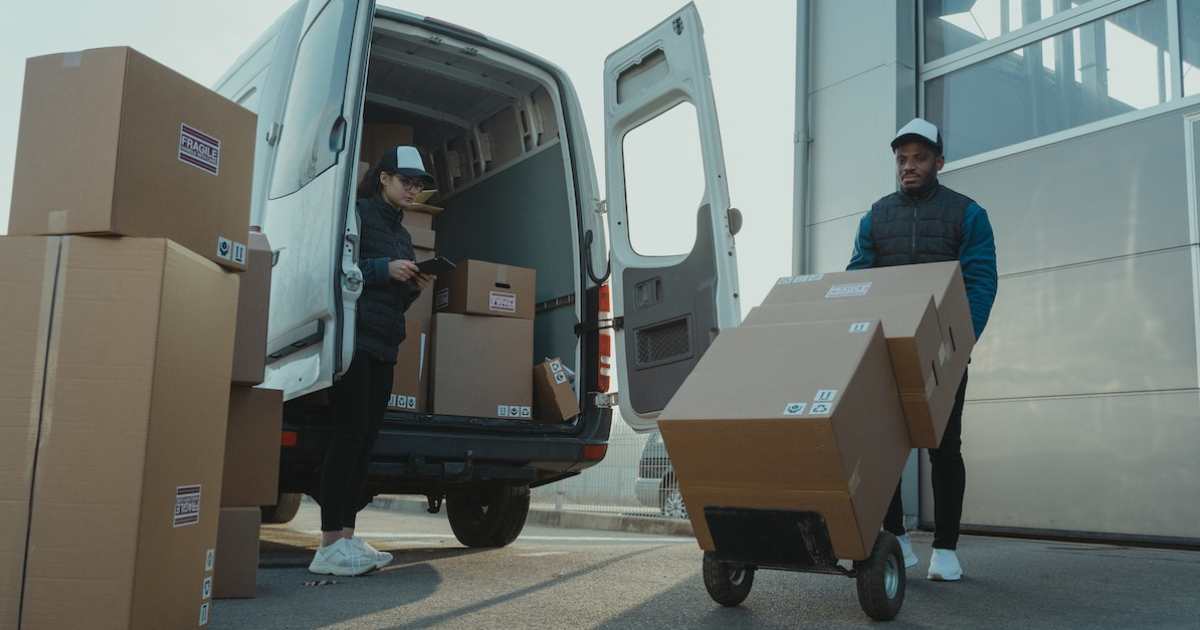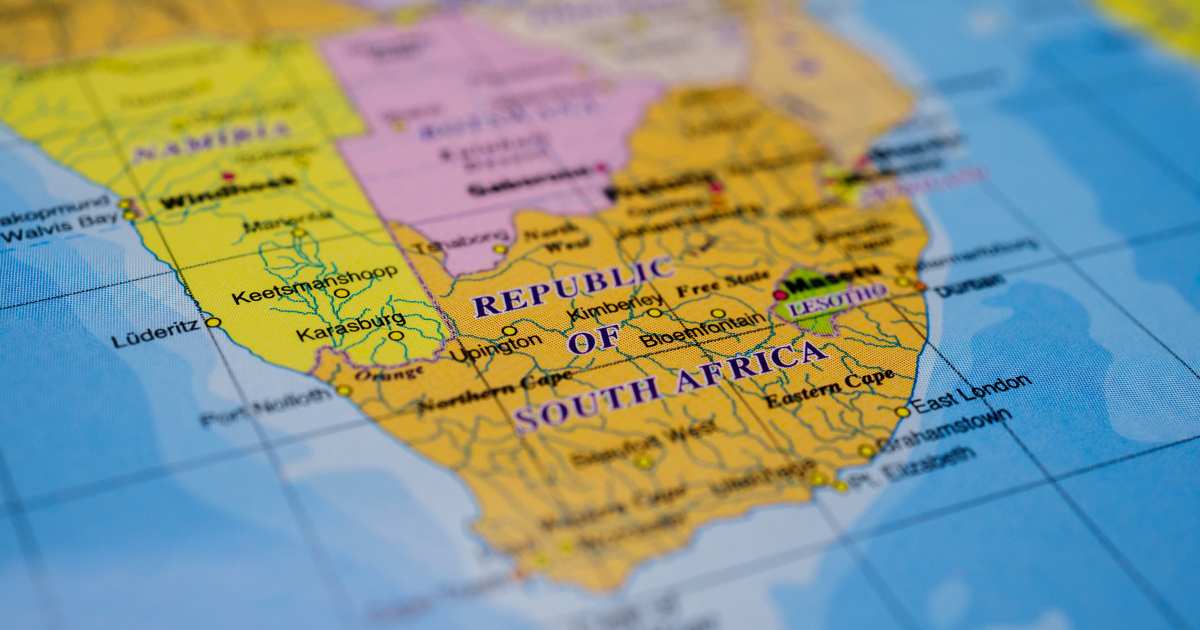
Everything you buy or sell has to be transported in some way. This means South Africa has an enormous logistics sector, with a constant demand for reliable trucking companies. If you’re looking to start your own business, then this can be an excellent industry to get into.
Starting a logistics company in South Africa isn’t too complicated either. Just like a trucking business, as long as you have the right vehicle and licenses, you can start operating relatively easily.
If you want to get started in trucking and logistics, then follow these six steps to help you get started.
1. Develop a Clear Business Plan
While there’s a lot of opportunity in the trucking and logistics sector, there’s also a lot of competition. This means you will need to have a clear vision for your logistics company. So, start by developing a solid business plan.
The first thing to establish is what type of logistics you’ll be covering. This will likely be determined by the kind of vehicle(s) you have available. Are you going to transport frozen goods or perishable foods? Oil? Parcels? Cars? Heavy machinery? Will you operate on long-distance or short-distance routes? Each area of focus will require unique vehicle requirements.
Once you have found a suitable gap in the market where you will operate, your business plan will need to cover all the details about how you will set up and operate your business. This should include things like your financials, team, what routes you will operate, and so on.
2. Determine Your Expenses
You’ll need to know what costs are involved in running a logistics business. This is necessary for attracting funding, which you could do privately, through a bank, or a small business funding provider.
Of course, there’s the major capital requirement of investing in your truck or fleet of vehicles. On top of this, you will also need to consider expenses like maintenance, license and toll fees, fuel expenses, and driver development and training costs. You’ll also need a place to store your vehicles when not in use, you’ll need to pay drivers, and you’ll need insurance and some sort of vehicle tracker.
Understanding all of these expenses will help you know the reality behind your business operations and profitability. This is also necessary for raising the capital to start your business.
3. Invest in Your Vehicles
A major part of starting a logistics company is investing in your vehicle(s). This is generally the largest expense of starting a logistics company, and it’s what determines the kind of operations you can run. Go back to your business plan and ensure you purchase a suitable vehicle for the kind of cargo you plan to transport. There are various transport financing options you can consider.
4. Get the Right Licenses
You’ll need the right licenses to run a logistics company in South Africa. This will involve gaining the right operating licenses from the Department of Public Transport, Roads and Works. You may also need to attend a regulated training course, such as a National Certificate in Freight Handling, from the Road Traffic Management Corporation. Any vehicles will need to be deemed roadworthy, and you will require a national certificate in professional driving.
5. Set Up Your Company
You will also need to structure your business correctly. This involves registering with the CIPC, and ensuring your business is properly set up for taxes. By this stage, your logistics business will be ready to operate.
6. Find Clients
The final stage in starting a logistics business is figuring out how you will market your business to find clients. Once you have the right vehicle and you’re ready to operate, you’ll need to get your logistics business added to the company’s books.
This will involve reaching out to businesses within the field you’re planning to operate. This could include agribusinesses and other entities within the farming industry. In order to establish a good name around your business and stand out from the competition, it’s important that you offer reliable, excellent service from day one. Using tech tracking solutions is a helpful way to add extra value to your customers.
As long as you provide a quality service, there will always be a demand for your logistics services in South Africa. Follow these steps above and ensure your business is well-planned and meets all the right requirements for operation. Once everything is all setup, you will see just how much room there is to grow and expand within South Africa’s busy logistics industry.
SEE ALSO: BEST LOGISTICS BUSINESS IDEAS





